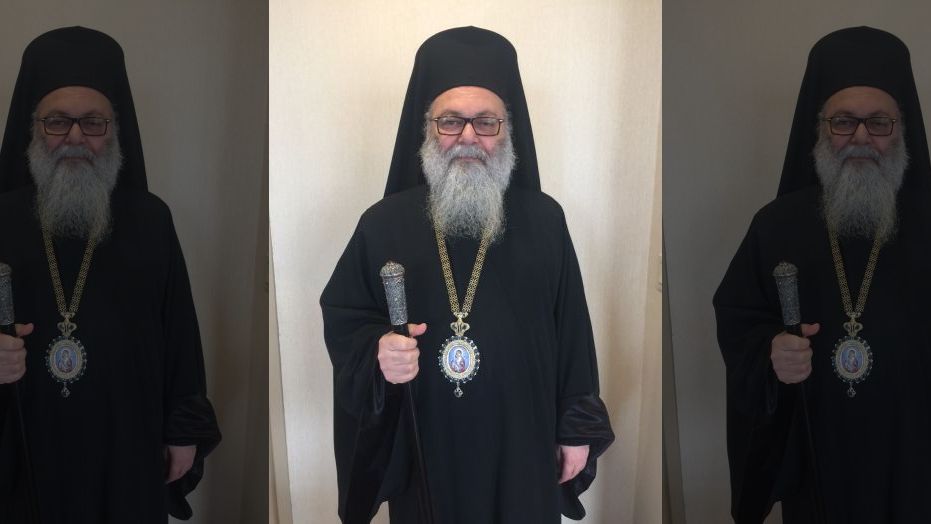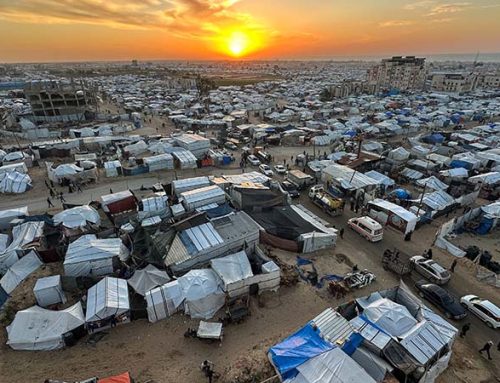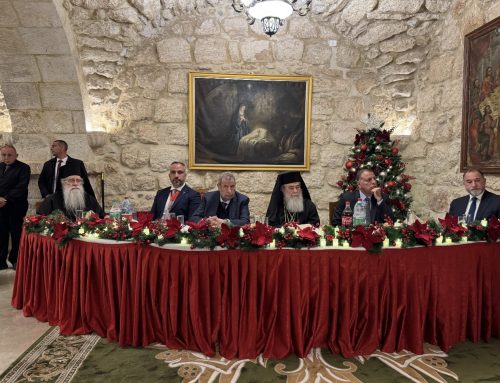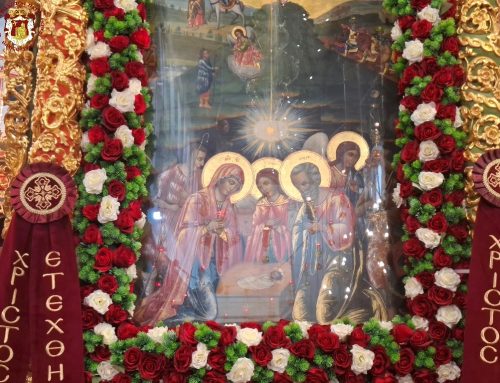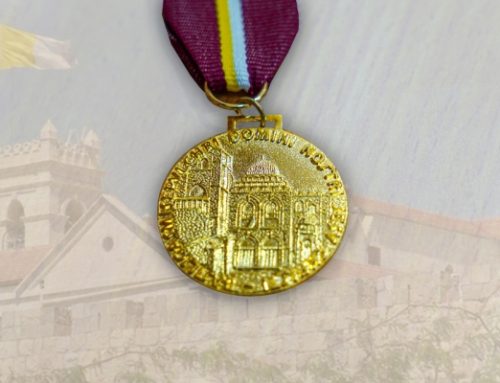His Beatitude John X, the Damascus-based leader of the Antiochian Orthodox Church, wrapped up his recent visit to the United States with a desperate appeal for American leadership to bring an end to the suffering in Syria, assist in locating the whereabouts of three kidnapped church leaders, and help secure the future of Christianity in the volatile region.
“We thank the position the United States has taken in fighting terrorism. The United States has a basic and important role to play in resolving these issues that we face. The United States is a superpower and has a way to make decisions that is well-recognized, a way to push everybody to find a peaceful solution (through) dialogue,” he told Fox News. “On the other hand, the U.S. can do something tremendous by helping the people of Syria and supporting their everyday needs.”
In particular, he expressed a desire for the U.S. to “lift the sanctions,” which are “directly affecting the people of Syria” — including the minority Christians endeavoring to survive in the land where their religion began.
The Antiochian Orthodox Church, also known as the Greek Orthodox Church of Antioch, counts as many as 1.1 million members in Syria and 400,000 in Lebanon. Additionally, it has about 75,000 members in the U.S., and other members around the world.
Syria has been a designated state sponsor of terrorism since 1979, but additional sanctions have been placed on the country since 2011 as uprisings spawned across the country in the quest to pressure the Assad government to pave the way for political transition. The sanctions prohibit the export of almost all U.S.-origin items, restrict financial services and the import of Syrian oil, and ban new investments in Syria by Americans.
“Since the uprisings began in March 2011, the U.S. government has intensely pursued calibrated sanctions to deprive the regime of the resources it needs to continue violence against civilians and to pressure the Syrian regime to allow for a democratic transition as the Syrian people demand,” the State Department noted, adding that in 2013 “significant steps” were taken to ensure civilians did not suffer from the economic blockades.
While there are some exemptions for humanitarian work within the legislation, critics of the international sanctions — which are also imposed by the United Kingdom and the European Union — have lamented that they only have deprived all the nation’s hospitals of lifesaving equipment and medicines, and have done little to diffuse the Assad governance, which has regained control over much of the country.
REBUILDING RAQQA: SHOULD U.S. TAXPAYERS PAY TO REBUILD THE RUINED FORMER ISIS STRONGHOLD?
“On June 12, 2013, through the Departments of State, Commerce, and Treasury, the Administration took several significant steps to ease U.S. economic sanctions, enable additional relief and reconstruction activities in opposition-controlled areas of Syria, and support the Syrian opposition and the people of Syria,” the State Department added.
But even as much of the military operations simmer across Syria, and as the dust settles in the recently liberated Raqqa and its surrounding villages, three prominent kidnapped Christian leaders are still nowhere to be seen or found. Thus, the church leader used his official visit — which included meetings with representatives from Congress and the United Nations — as a rallying cry for help.
“This is a very painful subject on our hearts always. Until the time of their kidnapping until today, nobody has given us any information about their plight, their whereabouts, whether they are alive or dead,” he said. “There is absolute silence internationally and that is unfortunate.”
In April 2013, as Islamic militant groups were rising in the war-engulfed nation, the patriarch’s own brother, the Greek Orthodox Archbishop of Aleppo Paul — Paul Yazigi — was abducted on the outskirts of Aleppo, along with the Syriac Orthodox Bishop of Aleppo, Yohanna Ibrahim, as they returned from carrying out humanitarian work on the Turkish border. Four months later, Italian Jesuit Father Paolo Dall’Oglio too disappeared after entering the ISIS-dominated “caliphate” capital of Raqqa in an effort to negotiate the release of hostages with the militants.
“We still hope there will be a positive conclusion,” the church leader noted. “That they will return to their ministries, to serving their people.”
Source: Fox News

